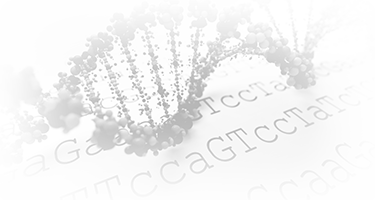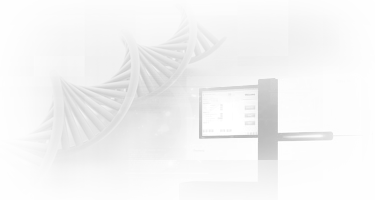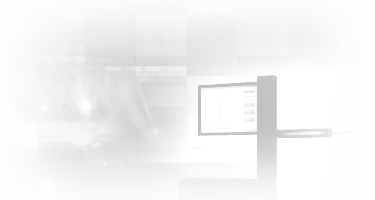An integral part of precision medicine involves the pairing of a drug with diagnostic tests (companion diagnostics) that have the potential to assess a person’s specific genetic make-up, thereby predicting drug efficacy, drug resistance and therapeutic response.
A companion diagnostic is a medical device, which provides information that is essential for the safe and effective use of a corresponding drug or biological product. The test helps a clinician determine whether a particular therapeutic product’s benefits to patients will outweigh any potential serious side effects or risks1.

Companion diagnostics can:
Identify patients who are most likely to benefit from a particular therapeutic product.
Identify patients likely to be at increased risk for serious side effects as a result of treatment with a particular therapeutic product.
Monitor response to treatment with a particular therapeutic product for the purpose of adjusting treatment to achieve improved safety or effectiveness.
Recently, NGS-based genomic data have been exploited to better understand disease development and patient characteristics that influence response to a given therapeutic intervention. Cancer, as a disease characterized by and driven by the tumor genetic landscape, is particularly amenable to NGS-based diagnostic approaches. NGS-based technologies are particularly well suited to studying cancer disease development, progression and emergence of resistance, all key factors in the development of next-generation cancer diagnostics2.
Designed for 100% amplicon coverage of coding region of BRCA1 and BRCA2 genes, the VariantPro™ BRCA1 and BRCA2 Panel offers cost-effective, minimal hands-on, ultra-high resolution sequence analysis for revealing clinically relevant mutations in BRCA1 and BRCA2 genes.
With the emergence of RNA sequencing (RNA-seq) technologies, RNA-based biomolecules hold expanded promise for their diagnostic, prognostic and therapeutic applicability in various diseases, including cancers and infectious diseases. Detection of gene fusions and differential expression of known disease-causing transcripts by RNA-seq represent some of the most immediate opportunities. However, it is the diversity of RNA species (including miRNAs) detected through RNA-seq that holds new promise for the multi-faceted clinical applicability of RNA-based measures, including the potential of extracellular RNAs as non-invasive diagnostic indicators of disease3.
miRNAs are known to play important roles in the diagnosis and prognosis of many cancers, and they are useful in developing targeted therapies.
Antibodies have several properties that make them excellent indicators of disease, and their detection forms the basis of many in vitro diagnostic tests.
The immune system also produces autoantibodies in response to a large number of pathogenic processes. The appearance of autoantibodies can precede disease symptoms by many years and, due to the inherent amplification of the immune system, they are readily detectable, making them ideal for presymptomatic and early diagnosis of disease4.
Autoantibody biomarkers are very helpful tools for diagnosis, assessment and monitoring of disease activity, differential diagnosis of clinical manifestations, prediction of the disease course and stratified therapy, and are key to personalized medicine5.
microRNA
miRNAs are known to play important roles in the diagnosis and prognosis of many cancers, and they are useful in developing targeted therapies. Identification of novel molecular miRNAs and their target oncogenomic signatures have the potential to significantly impact clinical management.
Cancer Research Services
LC Sciences offers a range of services applicable to
clinical cancer research. Contact us to find out more.
References
- FDA issued – Guidance for Industry – In Vitro Companion Diagnostic Devices. July 31, 2014. [article]
- Pant S, Weiner R, Marton MJ. (2014) Navigating the rapids: the development of regulated next-generation sequencing-based clinical trial assays and companion diagnostics. Front Oncol 4:78. [article]
- Byron SA, Van Keuren-Jensen KR, Engelthaler DM, Carpten JD, Craig DW. (2016) Translating RNA sequencing into clinical diagnostics: opportunities and challenges. Nat Rev Genet 17(5):257-71. [article]
- McAndrew M , Wheeler C Fallon R, Anson J (2010) Autoantibodies as Diagnostic Biomarkers – Readily Detectable Agents Are Suitable for Presymptomatic and Early Diagnosis of Disease. Gen Eng News 30(11). [article]
- Biesen R, Rose T, Hoyer BF, Alexander T, Hiepe F. (2016) Autoantibodies, complement and type I interferon as biomarkers for personalized medicine in SLE. Lupus 25(8):823-9. [article]









